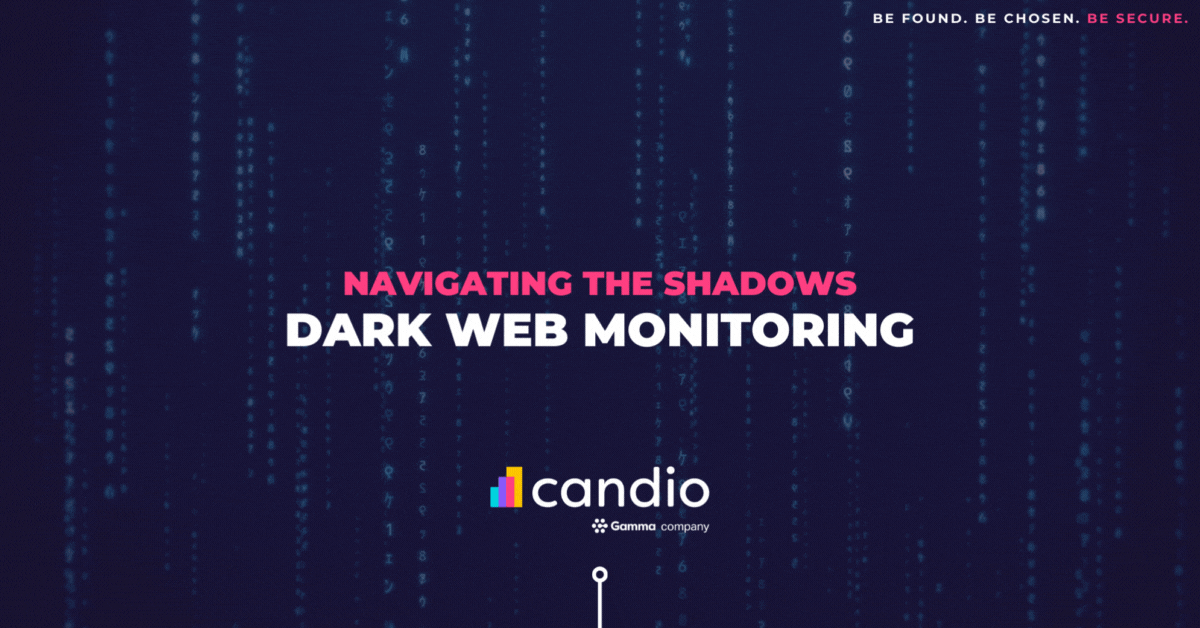written by Tom Chedham
In the vast expanse of the internet, the dark web stands as a mysterious and often misunderstood realm. With its hidden marketplaces, encrypted communication channels, and anonymous transactions, the dark web has become a hub for various activities, both legal and illicit.
As organisations increasingly recognize the need to monitor this shadowy space for potential threats, a critical balance between legality and ethics must be maintained.
In this blog, we explore the legal and ethical considerations surrounding dark web monitoring.
Understanding the Dark Web
The dark web is a part of the internet that requires specific software, configurations, or authorisation to access. While it hosts legitimate activities, such as secure communication platforms and privacy-focused services, it also harbours illegal activities, including the sale of drugs, hacking tools, and stolen data. Monitoring this space can provide valuable insights into potential threats, but it must be approached with caution and adherence to legal and ethical standards.
Legal Considerations
1. Privacy Laws and Compliance
Organisations must operate within the boundaries of privacy laws such as GDPR, HIPAA, and others that protect individuals’ rights to privacy. Dark web monitoring should be conducted in a way that respects these regulations, ensuring that personally identifiable information (PII) is handled appropriately.
2. Authorisation and Consent
Before engaging in dark web monitoring, organisations should consider obtaining legal authorisation or consent. Depending on the jurisdiction, unauthorised access to certain areas of the dark web may violate laws, and obtaining explicit permission is crucial to ensure compliance.
3. Law Enforcement Collaboration
Collaboration with law enforcement agencies can provide a legal framework for dark web monitoring. Information sharing with relevant authorities ensures that organizations contribute to maintaining a secure online environment while abiding by legal standards.
Ethical Considerations
1. Minimising Collateral Damage:
Ethical dark web monitoring involves minimising collateral damage to individuals or organizations not involved in illegal activities. Careful consideration should be given to distinguishing between legitimate and malicious entities.
2. Data Handling and Security
Ethical practices demand a high level of data security and responsible handling. Ensuring that collected data is treated with confidentiality and is well-protected against unauthorized access is paramount.
3. Transparency and Accountability
Organisations engaged in dark web monitoring should be transparent about their activities to stakeholders, including employees and customers. Establishing accountability mechanisms helps build trust and ensures that monitoring efforts are conducted responsibly.
Conclusion
Dark web monitoring is a complex and sensitive undertaking that requires a delicate balance between legal compliance and ethical responsibility. Organisations must be diligent in navigating the shadows, ensuring that their actions not only contribute to cybersecurity efforts but also adhere to the highest standards of legality and ethics.
As technology evolves, so too must our approach to monitoring the dark web, with a continued focus on safeguarding privacy, respecting individual rights, and fostering a secure online environment for all.
